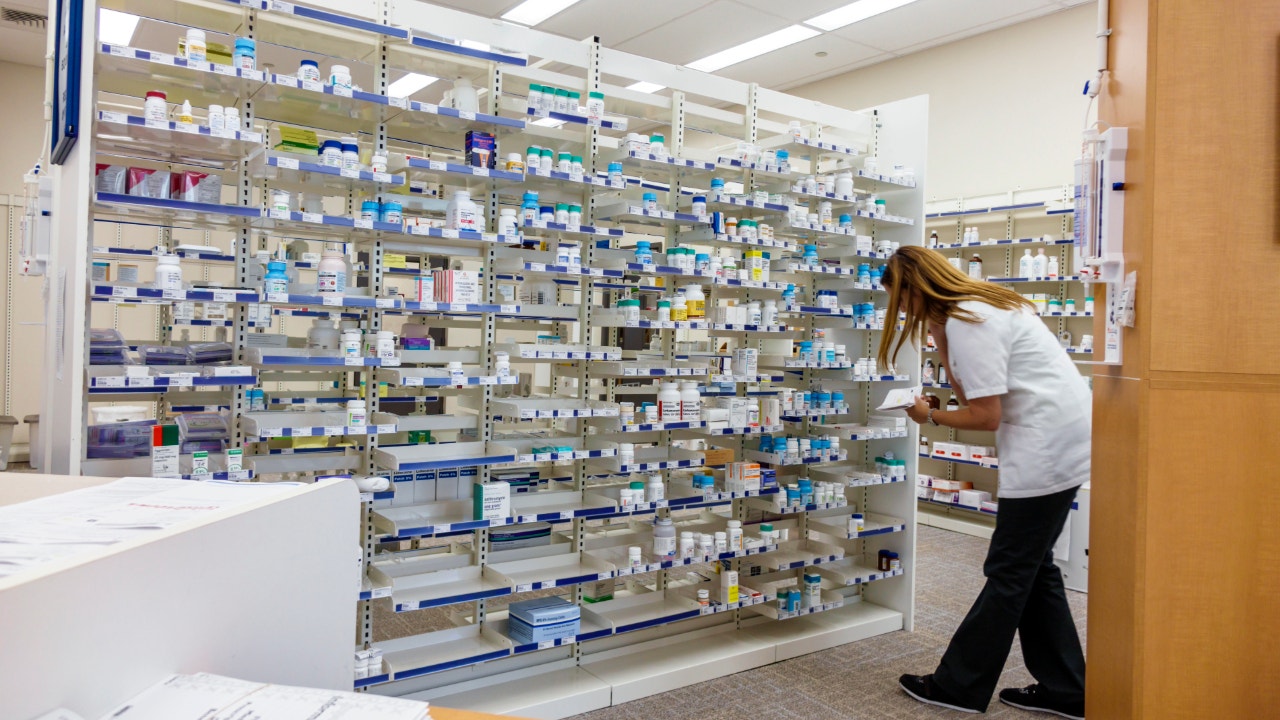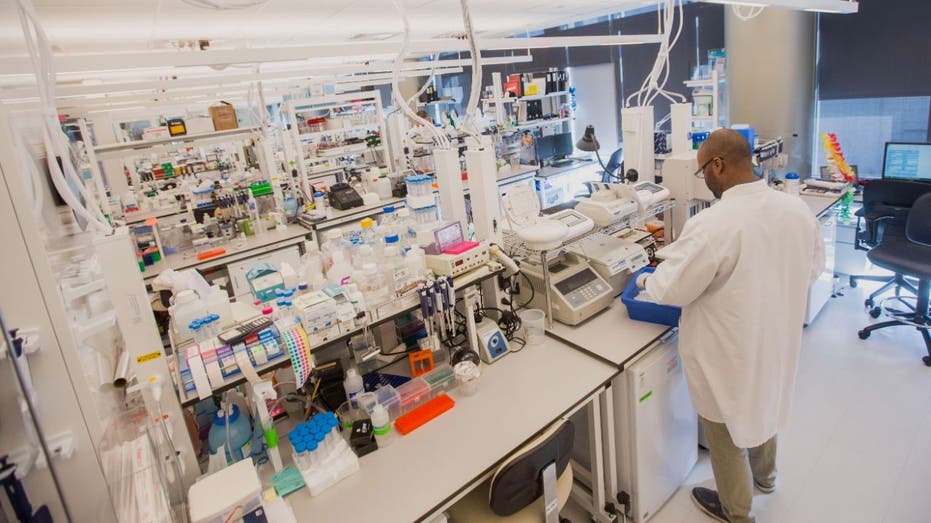Finance
US drug shortages hit all-time high, pharmacists warn

Drug shortages in the U.S. are at an all-time high, and some of the medications in short supply are life-saving chemotherapy drugs and emergency medications stored in hospitals, pharmacists warn.
The American Society of Health-System Pharmacists (ASHP) and Utah Drug Information Service reported that there were 323 active drug shortages in the first quarter of the year, marking the most shortages since they have been tracking the data since 2001.
It surpassed the previous record of 320 shortages in 2014, according to the data.
WEGOVY, THE WEIGHT-LOSS MEDICATION, GETS FDA APPROVAL FOR USE AS HEART DISEASE PREVENTION DRUG
While ASHP CEO Paul Abramowitz warned that all drug classes are vulnerable to drug shortages, he said that “some of the most worrying shortages involve generic sterile injectable medications, including cancer chemotherapy drugs and emergency medications stored in hospital crash carts and procedural areas.”
This includes drugs like oxytocin, Rho(D) immune globulin, standard of care chemotherapy, pain and sedation medications, and ADHD medications.
The “ongoing national shortages of therapies for attention-deficit/hyperactivity disorder also remain a serious challenge for clinicians and patients,” Abramowitz added.
WITH POPULAR ASTHMA INHALER NOW DISCONTINUED, WHAT OTHER OPTIONS DO PATIENTS HAVE?
Short-term shortages are caused by demand outstripping supply, but “the most severe and persistent shortages are driven by economic factors that undermine investment in manufacturing capacity, manufacturing quality, and supply chain reliability,” according to a separate report from the ASHP.

“These economic challenges are driven by extreme price competition among generic manufacturers,” the ASHP added.
Abramowitz continued to stress that more work needs to be done at the federal level to fix the root cause of the issue.
“ASHP will continue to engage with policymakers regularly as we guide efforts to draft and pass new legislation to address drug shortages and continue to strongly advocate on behalf of our members for solutions that work,” he said.
The Department of Health and Human Services (HHS) published a white paper last week recommending ways Congress can assist with the issue.
“With today’s white paper, HHS offers solutions and stands ready to work with Congress to ensure no patient faces the devastating consequences of drug shortages or goes without needed medicines,” it said in a press release.
Read the full article here


















